Description
Key Features of Hybrid Inverters:
- Integration of Solar, Batteries, and the Grid:
- Hybrid inverters manage solar energy, battery storage, and the grid seamlessly. They can prioritize solar energy during the day and store excess power in the battery. When the battery is fully charged or during high demand, they can pull power from the grid.
- Bidirectional Power Flow:
- Hybrid inverters have the ability to both send power to the grid (when generating excess solar power) and draw power from the grid (when the solar power or battery is insufficient).
- Backup Power:
- In the event of a grid outage, hybrid inverters can isolate the solar power system from the grid (using a transfer switch) and continue to supply power to critical loads from the battery or solar generation. This makes hybrid inverters a great solution for homes or businesses that need reliable backup power.
- Battery Storage Management:
- Hybrid inverters manage the charging and discharging of batteries, optimizing energy usage to ensure that battery power is available when needed most (e.g., during the night or cloudy days).
- They typically offer features like state-of-charge (SOC) monitoring, ensuring that the batteries are not overcharged or overly discharged.
- Smart Energy Management:
- Hybrid inverters often include smart features that optimize energy usage and improve efficiency, such as:
- Load management: Automatically adjusting power flow based on usage patterns and demand.
- Energy monitoring: Tracking energy production, storage levels, and consumption in real-time via apps or web-based dashboards.
- Time-of-use optimization: Some inverters allow users to store energy during off-peak hours (when electricity is cheaper) and use it during peak hours (when electricity rates are higher).
- Hybrid inverters often include smart features that optimize energy usage and improve efficiency, such as:
- Grid-Tied Operation with Backup:
- Hybrid inverters are designed to work with both grid-tied and off-grid systems. In grid-tied operation, excess solar power can be fed back to the grid, allowing for net metering (reducing electricity bills). However, in the event of a grid failure, the inverter automatically switches to backup mode, ensuring that essential loads continue to be powered by the batteries or solar system.
- Battery Compatibility:
- Hybrid inverters are typically compatible with a variety of lithium-ion or lead-acid batteries, though lithium-ion batteries are becoming more common due to their higher efficiency, longer lifespan, and lighter weight.
Advantages of Hybrid Inverters:
- Energy Independence:
- By combining solar generation with battery storage, hybrid inverters allow homeowners and businesses to be less reliant on the grid, reducing electricity bills and dependence on utility companies.
- Cost Savings:
- Hybrid inverters help users take advantage of time-of-use pricing by storing excess energy during off-peak hours and using it during peak hours when electricity prices are higher. Additionally, with net metering, excess power sent back to the grid can result in energy credits or payments.
- Seamless Switching:
- Hybrid inverters ensure that power is always available, even during power outages. They automatically switch from grid power to battery or solar backup without any interruption to the power supply.
- Simplified System Design:
- Hybrid inverters reduce the need for multiple devices (separate inverters for solar, battery management, and grid connection). They combine all these functions into one device, simplifying installation and system design.
- Future-Proofing:
- With the increasing adoption of electric vehicles (EVs) and the growing need for sustainable energy solutions, hybrid inverters can be integrated with EV charging stations and future energy-saving technologies.
Applications of Hybrid Inverters:
- Residential Solar Systems:
- Homeowners who want to reduce their electricity bills, store excess solar energy for later use, and ensure backup power during grid outages.
- Commercial and Industrial Applications:
- Businesses looking to optimize their energy consumption, reduce costs, and improve sustainability by using solar energy and batteries as an alternative to grid power.
- Emergency and Off-Grid Applications:
- For locations that have unreliable grid access or need critical power backup, hybrid inverters provide a reliable power solution.
- Electric Vehicle (EV) Charging Stations:
- Hybrid inverters can be used to power EV charging stations, optimizing the use of solar energy for charging and reducing reliance on grid power.


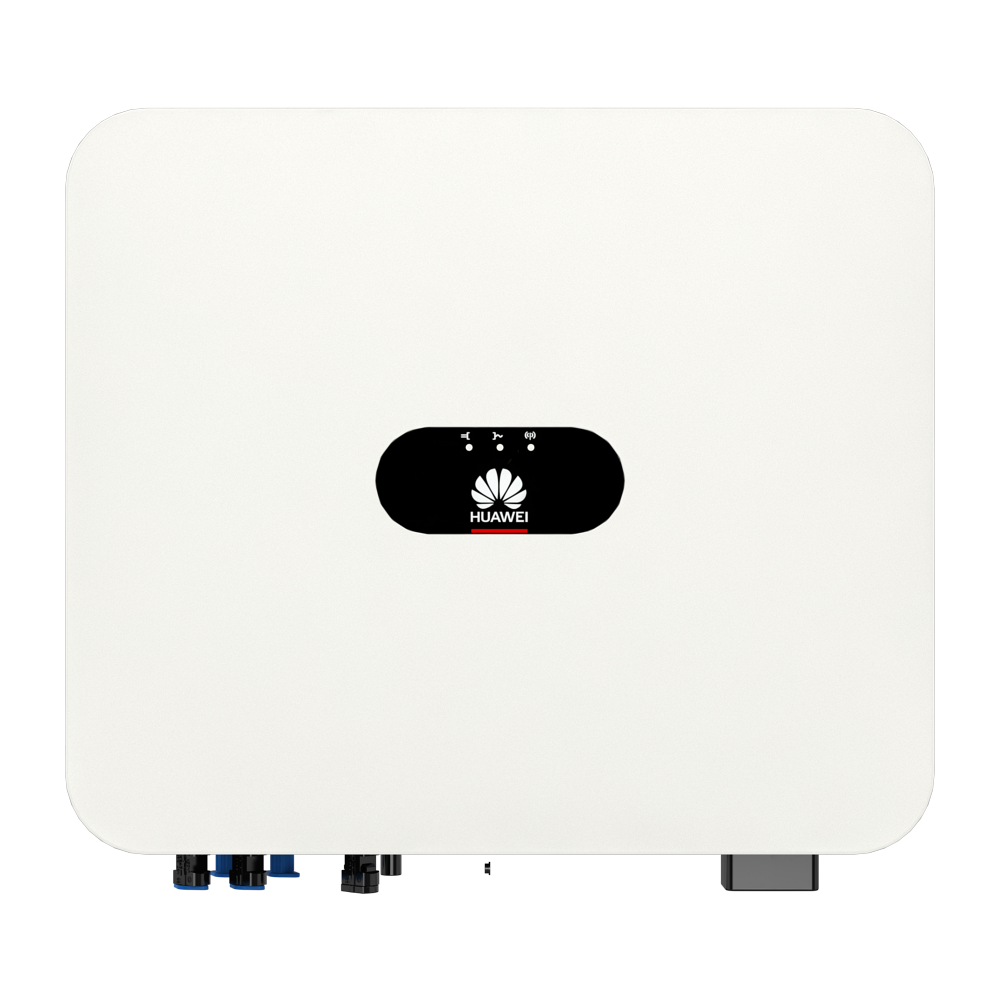

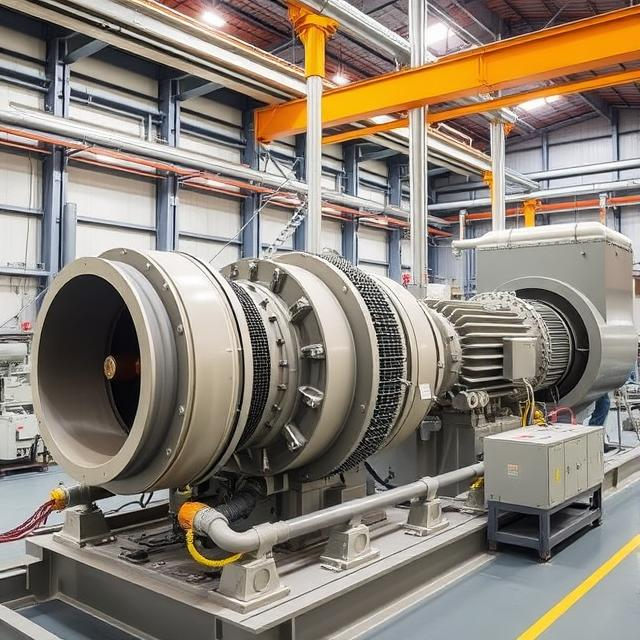



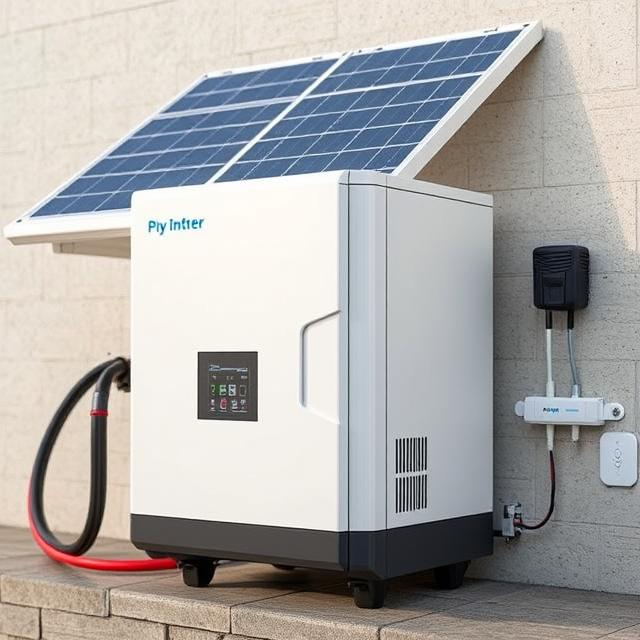
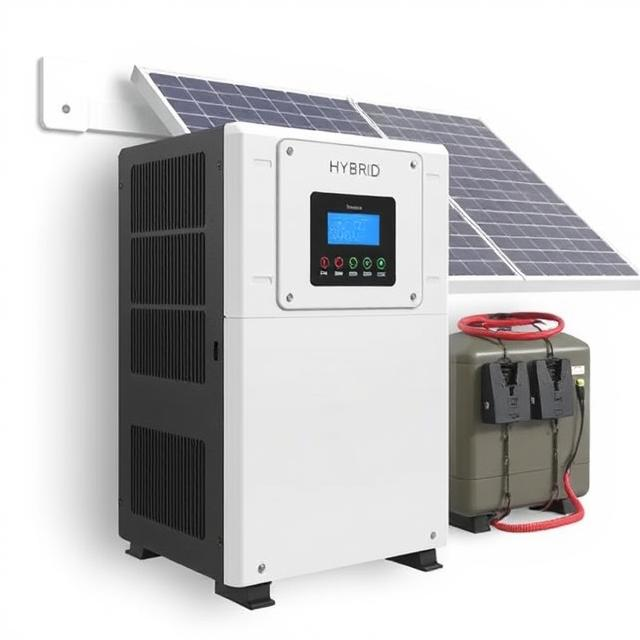
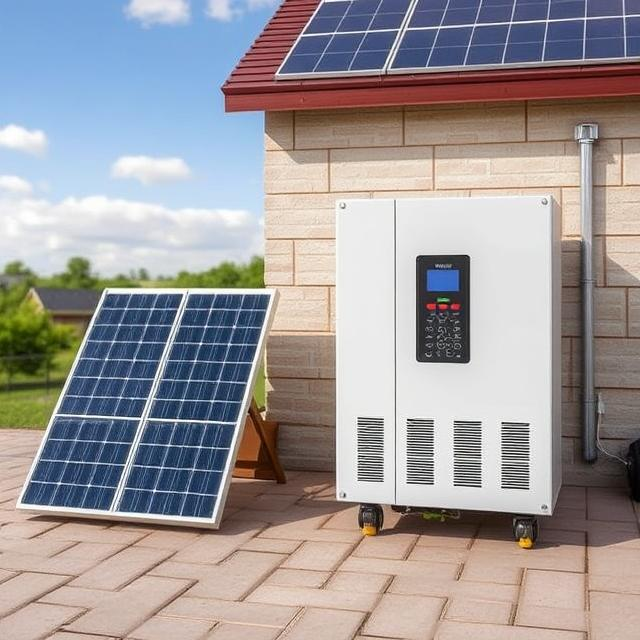

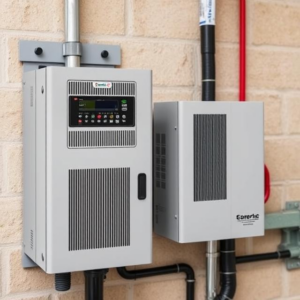
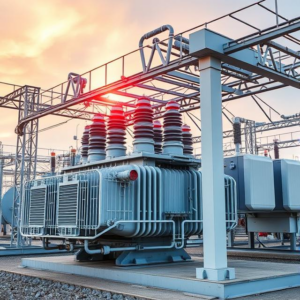
Reviews
There are no reviews yet.